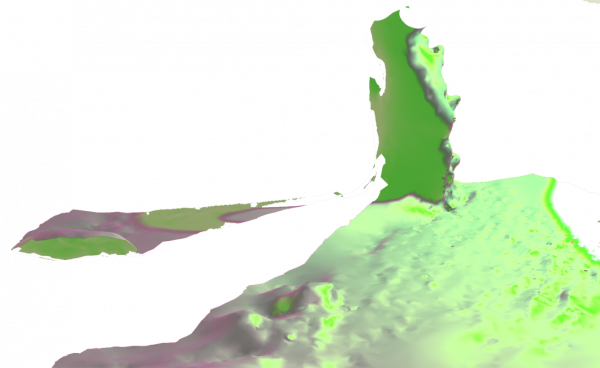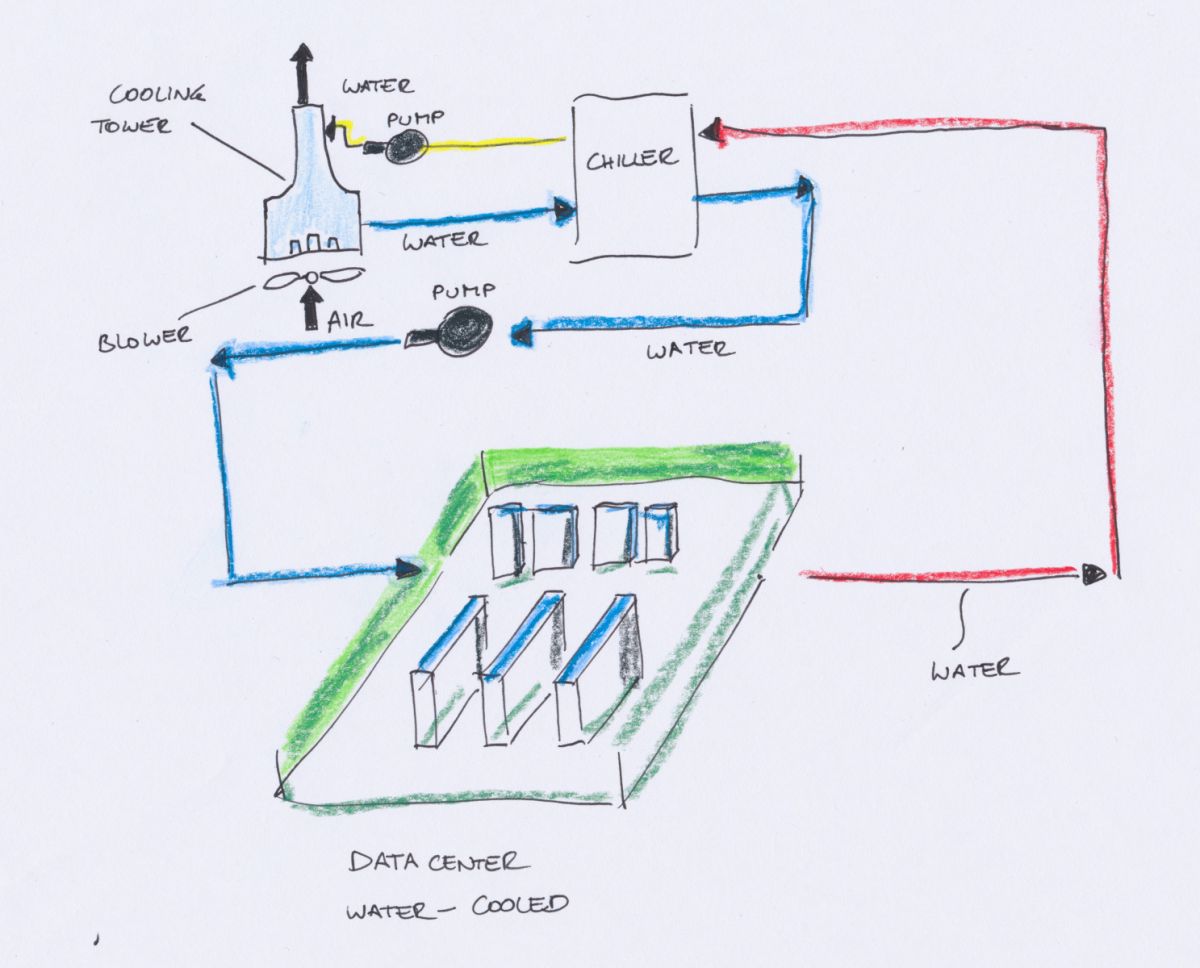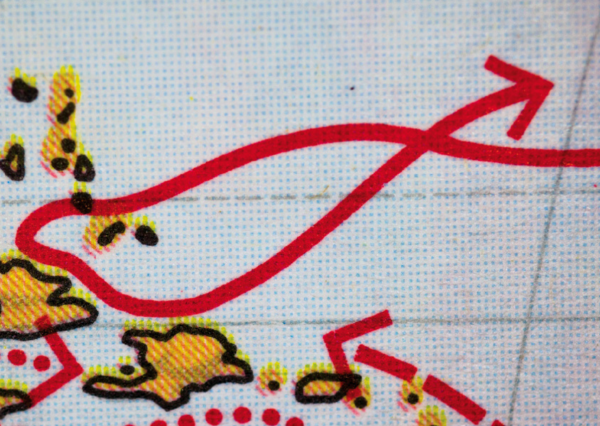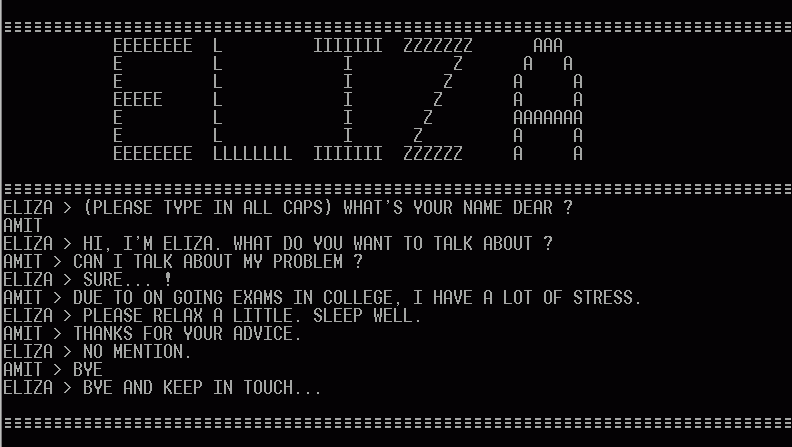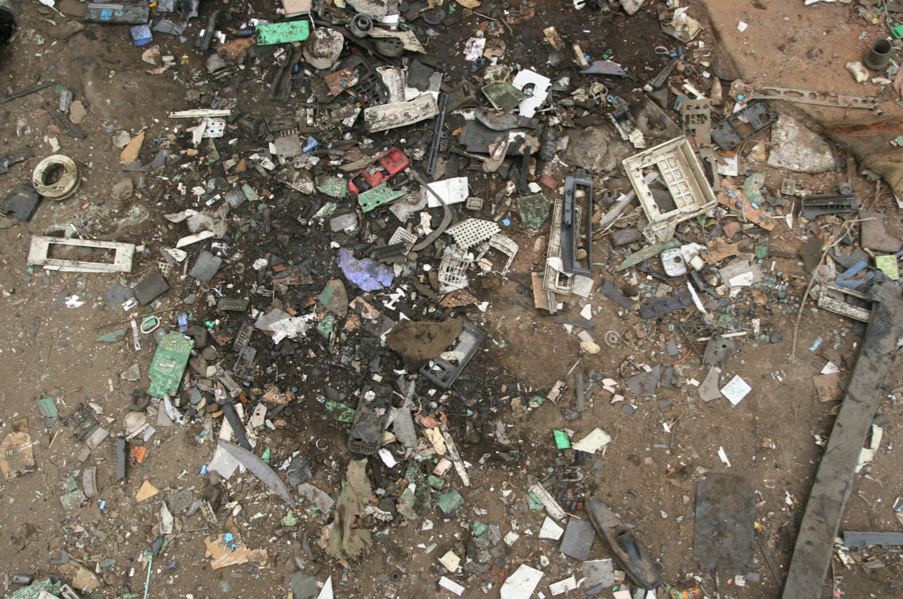The Research Lab 2021 was structured in parallel sessions dealing with the topics of AI, smart assistants and in general the ways we communicating with computers; how we develop intimacy and relations over these networks; and how to try remediate the environmental pollution caused by human activities, technological developments and industrial production.
From these topics we developed following projects:
- The Silicon Friend Camp https://cwc.radical-openness.org/siliconfriendcamp/, a 5 day retreat in the Austrian alps where 15 participants explored computational intelligence and live together side by side. The theme of the retreat was “Conversations with Computers” and had the goal to enable embodied networks through the development of new forms of computational intelligence.
- The topics of the camp were then presented in the exhibition + workshop + symposium event Conversations with Computers, where we focused on AI, Smart Assistants, and the Computer Languages through which we communicate with autonomous machines
- The Research Lab by Andreas Zingerle and Raphael Perret produced as an outcome Toxic Stories. The project is an audio guide that talks about polluted areas and the ways specific plants that extract minerals from the soil through their roots (Hyperaccumulators) and enable phytomining and phytoremediations.
- Finally, the Center for Networked Intimacy: a research residency by the artist Dasha Ilina, on the topics of network intimacy.
—> go to the Research Lab 2021 page:
https://research.radical-openness.org/2021

